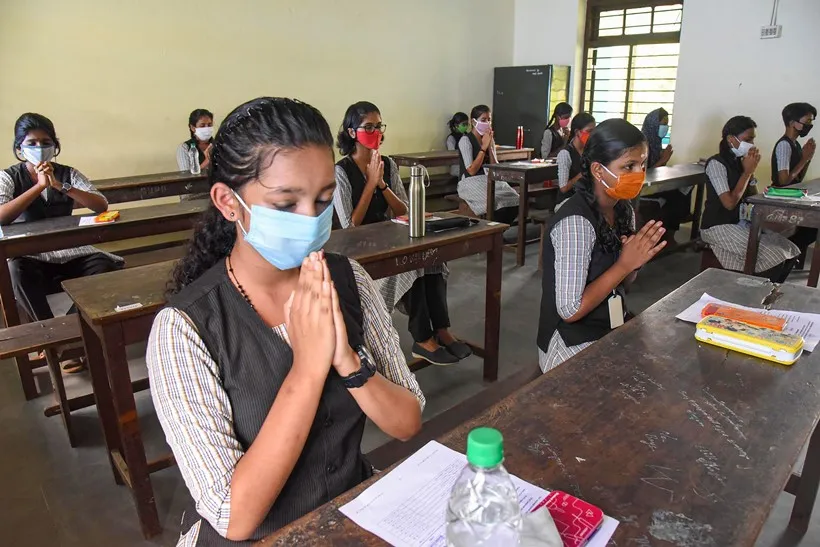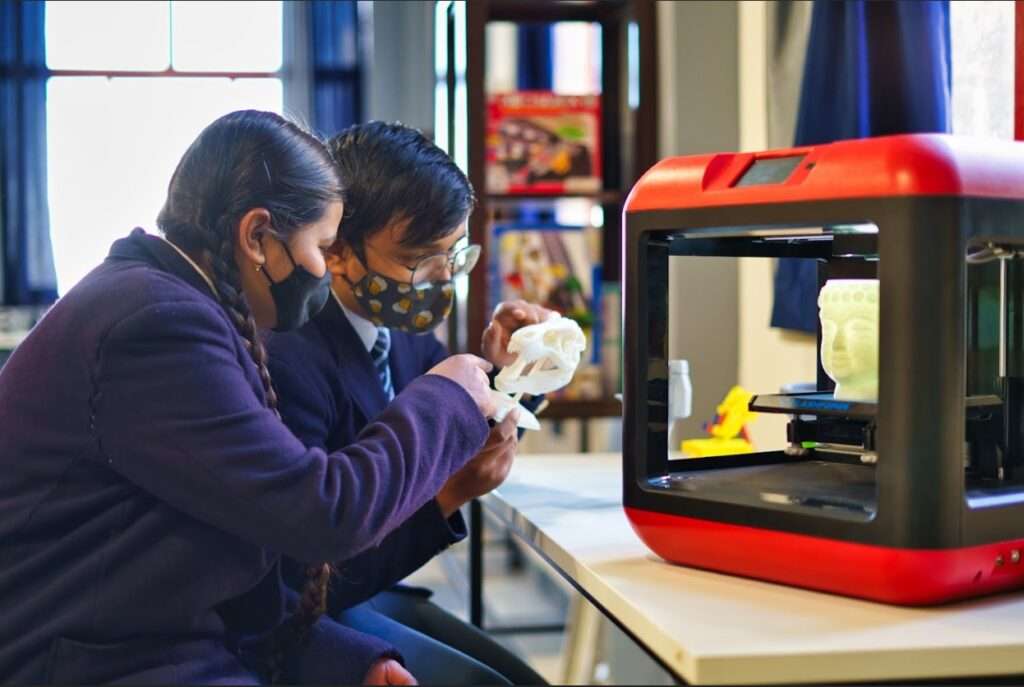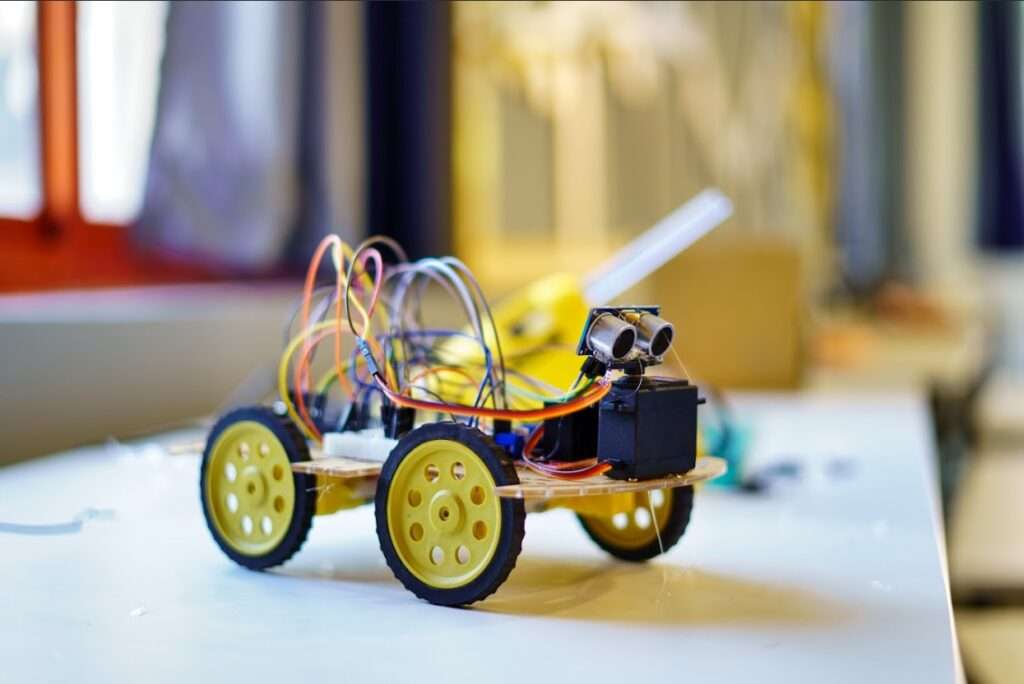In the quiet hallways of a suburban school, a young boy, once brimming with excitement for learning, now finds himself isolated and withdrawn. The pandemic, with its abrupt shift to remote learning and social distancing, has left him feeling disconnected and adrift. His grades have plummeted, and his behaviour has become increasingly disruptive. This is not an isolated incident; countless students across the globe have faced similar challenges in the wake of the pandemic.
Disadvantaged schools, often located in underserved communities, have been particularly hard hit by the pandemic’s impact on student behaviour. These schools, already grappling with limited resources and systemic inequities, have had to contend with a sharp increase in behavioural issues, including suspensions, absenteeism, and aggressive behaviour. The pandemic has exacerbated these challenges, leaving many students feeling lost, anxious, and disconnected from their peers.
The Growing Problem of Post-Pandemic Behavioural Challenges
The pandemic has had a profound impact on the mental health and well-being of young people. Social isolation, economic hardship, and uncertainty about the future have all contributed to a rise in anxiety, depression, and stress. For students in disadvantaged schools, these challenges are often compounded by lack of access to mental health resources, limited parental support, and systemic discrimination.
Studies have shown that the pandemic has led to a significant increase in suspensions and expulsions in schools, particularly among students of colour and those from low-income backgrounds. These disciplinary actions can have a devastating impact on students’ academic careers and their overall well-being. They can also perpetuate the school-to-prison pipeline, a troubling trend that disproportionately affects marginalised communities.
The Role of STEM Education in Addressing Behavioural Challenges
STEM education, which encompasses Science, Technology, Engineering, and Mathematics, offers a promising approach to addressing the behavioural challenges faced by students in disadvantaged schools. By providing students with opportunities to engage in hands-on learning, develop problem-solving skills, and collaborate with their peers, STEM education can foster a sense of belonging, purpose, and achievement.
Here are some of the ways in which STEM education can help to address post-pandemic behavioural challenges:
1. Fostering Emotional Support: STEM education can provide a safe and supportive environment for students to explore their interests, build confidence, and develop a sense of belonging. By engaging in hands-on projects and collaborating with their peers, students can learn to trust and support one another.
2. Developing Problem-Solving Skills: STEM education helps students to develop critical thinking, problem-solving, and decision-making skills. These skills are essential for navigating the challenges of life and can help students to cope with stress and adversity.
3. Promoting Academic Success: Students who are engaged in STEM education are more likely to achieve academic success. Success in STEM can boost students’ self-esteem and motivation, making them less likely to engage in disruptive behaviour.
4. Providing Career Pathways: STEM education can open up new opportunities for students, providing them with pathways to rewarding careers. This can help students to see a brighter future for themselves, reducing their risk of engaging in negative behaviours.
5. Building Community: STEM education can help to build a sense of community within schools and the surrounding neighbourhoods. By working together on STEM projects, students can develop strong relationships with their peers and teachers.
Case Studies: Successful STEM Programs
There are many examples of successful STEM programs that have helped to improve student behaviour and academic outcomes in disadvantaged schools. One such program is the FIRST Robotics Competition, which challenges teams of high school students to design, build, and program robots to compete in head-to-head matches. The program has been shown to improve students’ self-esteem, teamwork, and problem-solving skills.
Another example is the Girls who code program which aims to inspire young women to pursue careers in STEM. The program has been shown to increase girls’ interest in STEM fields, improve their academic performance, and boost their confidence.
Challenges and Opportunities
While STEM education offers a promising approach to addressing post-pandemic behavioural challenges, there are also significant challenges to overcome. One challenge is the lack of access to STEM resources in many disadvantaged schools. These schools may not have the funding or equipment needed to support high-quality STEM programs.
Another challenge is the need for qualified STEM teachers. Many schools struggle to recruit and retain teachers with expertise in STEM subjects.
Despite these challenges, there are also many opportunities to expand STEM education in disadvantaged schools. One opportunity is to partner with local businesses and organisations to provide students with hands-on learning experiences. Another opportunity is to leverage technology to make STEM education more accessible and engaging.
The pandemic has had a devastating impact on the mental health and well-being of young people, particularly those in disadvantaged communities. By investing in STEM education, we can help to address these challenges and provide students with the skills and opportunities they need to succeed.
Utilise STEM Education to address post pandemic behaviour and for overall development of your child
STEM education can foster emotional support, develop problem-solving skills, promote academic success, provide career pathways, and build community. By working together to expand STEM education in disadvantaged schools, we can help to create a brighter future for our young people.
MakersMuse offers a variety of coding courses and resources that can help students develop the skills they need to succeed in STEM. Learn More















